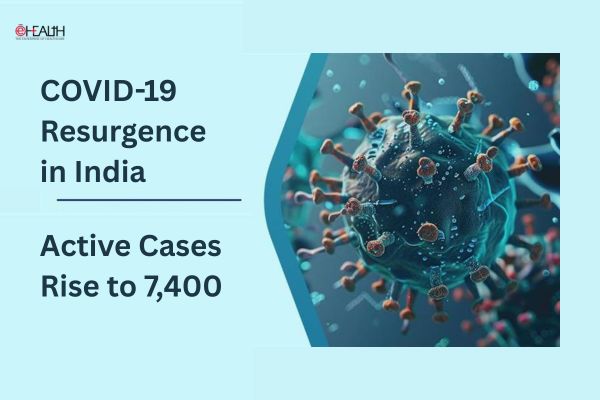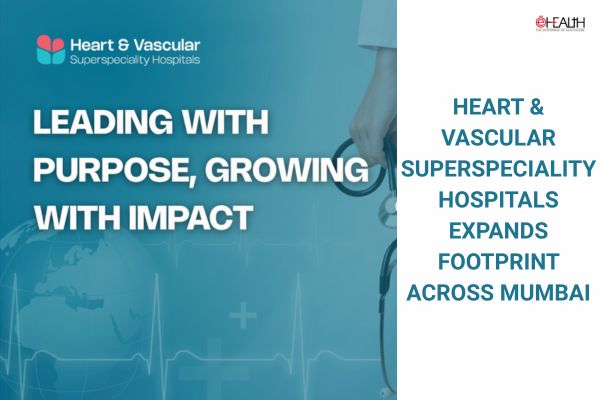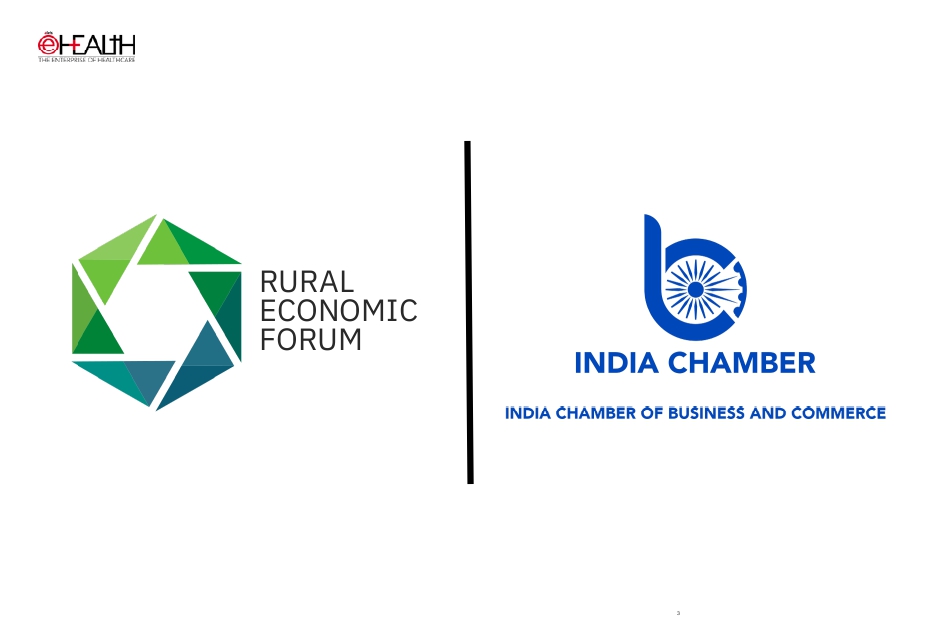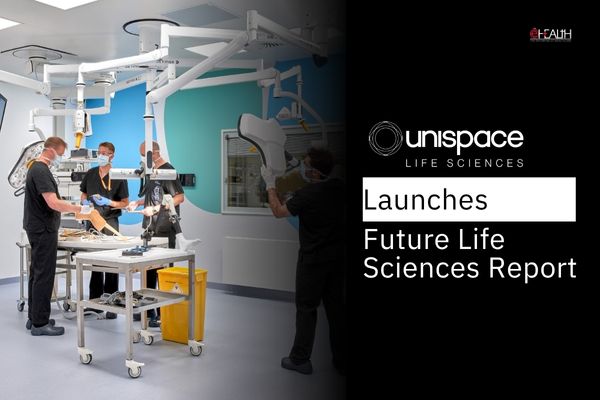
Pioneering AI-led initiative under WEF’s 1 Billion Lives Challenge boosts early cancer detection and reshapes preventive healthcare strategies in India and other LMICs.
In a major advancement for AI-enabled diagnostics, UK-based biopharmaceutical giant AstraZeneca, in partnership with Indian health-tech company Qure.ai, has successfully completed 5 million artificial intelligence-powered chest X-ray (CXR) screenings across more than 20 countries, including India, Colombia, and El Salvador. The screening initiative, aimed at early lung cancer detection, identified nearly 50,000 individuals with lung nodules considered high-risk, leading to their referral for further diagnostic testing.

This large-scale screening effort forms part of AstraZeneca’s commitment to the World Economic Forum’s EDISON Alliance 1 Billion Lives Challenge, which seeks to expand digital access to healthcare, education, and financial services for one billion people by 2030.

“Reaching the five million scan milestone demonstrates the power of digital innovation in transforming cancer care. AI-enabled tools like qXR are proving to be a cost-effective way to screen for lung cancer where radiologists or advanced imaging facilities may not be readily available,” said Ti Hwei How, Vice President of International Oncology at AstraZeneca.

Developed under AstraZeneca’s A.Catalyst Network, Qure.ai’s qXR algorithm enables analysis of routine CXRs to detect early signs of lung cancer, flagging abnormalities such as high-risk nodules. These flagged cases are then triaged for low-dose CT scans, facilitating early diagnosis and intervention, especially critical in resource-constrained environments.

“Five million scans globally is a significant achievement, demonstrating the scalability and effectiveness of AI in improving lung cancer screening in resource-limited settings. This milestone shows how AI can bridge the gap in healthcare access and strengthen systems through faster diagnosis,” noted Prashant Warier, CEO and Founder of Qure.ai.
India’s Role and Impact
India has been a key geography in the deployment of this initiative, offering a compelling use case for scalable, AI-powered screening in LMICs (low- and middle-income countries). In India, where healthcare infrastructure often struggles to meet the demands of the population, the integration of AI into diagnostics provides a cost-effective solution to bolster preventive care.
By leveraging AI for early triaging, the technology reduces the burden on overstretched medical resources, enables more efficient use of existing diagnostic equipment, and helps identify high-risk individuals much earlier in the disease cycle. This can result in reduced treatment costs, improved patient survival rates, and enhanced healthcare delivery efficiency, particularly in public health programs.
Global Significance and Validation
The screening initiative not only underscores the potential of AI in healthcare transformation but also highlights its real-world applicability in LMICs. Recent findings presented at the European Lung Cancer Congress (ELCC) 2025 support the program’s impact, with qXR identifying high-risk nodules in 54.1% of cases and demonstrating strong cost-effectiveness in countries like Vietnam.
“Our collaboration with Qure.ai has validated the power of AI-enabled chest X-rays as a cost-effective triaging tool for early lung cancer detection,” said Ti Hwei How, Vice President of International Oncology, AstraZeneca, reinforcing the role of digital innovation in reshaping oncology care globally.
Transforming India’s Healthcare Landscape
As India continues to strengthen its focus on non-communicable diseases (NCDs) and improve early diagnostic capabilities, initiatives like this represent a paradigm shift. With lung cancer remaining a leading cause of cancer-related deaths and often diagnosed at late stages in India, the wider adoption of AI-powered tools like qXR can serve as a blueprint for national screening programs.
Moreover, it opens new doors for public-private partnerships aimed at building data-driven, tech-enabled health ecosystems that are resilient and future-ready. By embedding such AI solutions into public health infrastructure, India can leapfrog traditional diagnostic barriers and advance towards universal, equitable cancer care.
This milestone not only showcases a powerful case study in AI-healthcare convergence but also presents tangible investment and collaboration opportunities for stakeholders looking to innovate around diagnostic accessibility, public health interventions, and AI-driven healthcare infrastructure.
Be a part of Elets Collaborative Initiatives. Join Us for Upcoming Events and explore business opportunities. Like us on Facebook , connect with us on LinkedIn and follow us on Twitter , Instagram.
"Exciting news! Elets technomedia is now on WhatsApp Channels Subscribe today by clicking the link and stay updated with the latest insights!" Click here!
















